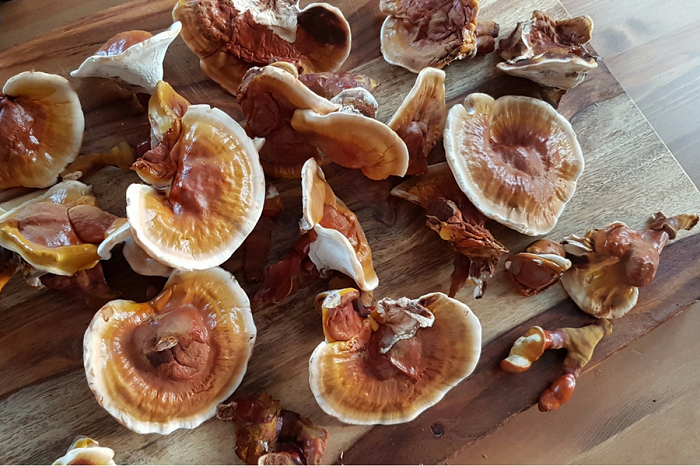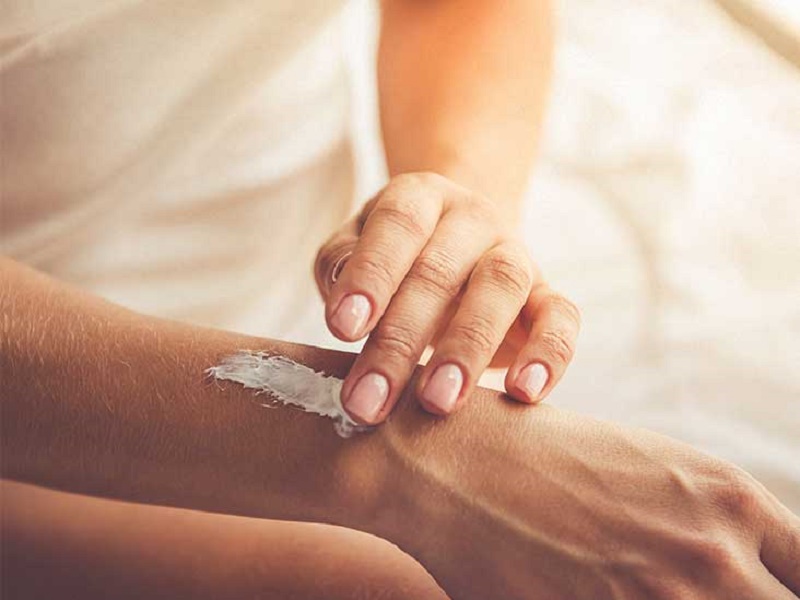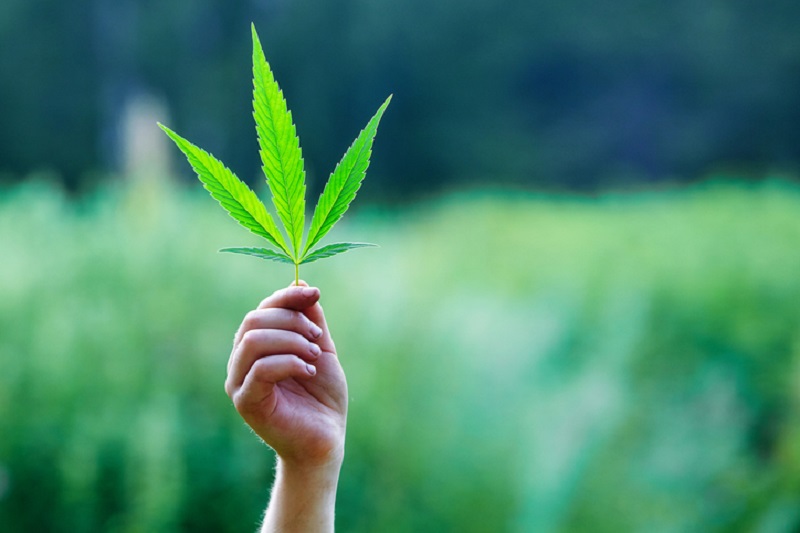Reishi is known as Ganoderma Lucidum or Lingzhi. It is a red mushroom or mushroom that has multiple scientifically proven properties that improve our health. In this article, I will explain What is reishi and eight properties of Reishi that science has found for human health.
Properties of Reishi or Ganoderma Lucidum for health
Reishi is a food that in its composition has very different molecules: some dissolve in water, others in alcohol, others in ether, etc.
Read also: 7 natural remedies for dandruff
#1. It slows the aging of our body
Reishi is a powerful natural antioxidant that eliminates many free radicals that age our cells and therefore helps to slow the aging of our body.
#2. Strengthen our immune system
The Reishi mushroom greatly strengthens our immune system thus facilitating faster action against any disease.
#3. It improves our blood circulation
Reishi improves blood circulation even at the brain level, which is helpful in cases of people with cognitive diseases.
#4. It helps to eliminate cancer cells
The Reishi mushroom is able to help the body eliminate cancer cells because it increases the effectiveness of our T immune cells. For this reason, Reishi is used to prevent cancer.
In addition, Reishi is used as a supplement in chemotherapy and radiotherapy treatments to reduce the side effects of these invasive therapies and thus improve their application.
#5. Help to relax
Reishi relaxes our nervous system, also our muscles, combats fatigue, improves our mood and helps us sleep better.
#6. It helps regulate our metabolism
The Reishi mushroom helps regulate our metabolism and our digestive system.
#7. It is a good anti-inflammatory
Reishi is a good anti-inflammatory that helps patients with arthritis, gout and migraine.
#8. It helps regenerate liver cells
The consumption of the Reishi mushroom helps to regenerate our liver cells faster and better.
These are just some of the multiple benefits of the Reishi mushroom for your health and even if you consider yourself a healthy person it is very convenient to take it regularly as a nutritional supplement.
Contraindications of Reishi

It is not advisable to take Reishi if you take medication against hypertension. Taking it in recommended amounts (up to 2 teaspoons a day), it is normal that there are no adverse effects.
If prolonged use is made for more than three months, gastritis, itching, skin rashes, dry mouth, blood in the nose or feces may appear. If any of these effects are observed, the intake should be discontinued immediately.
How to take Reishi?
The amount of Reishi that experts recommend taking for most people is 1 to 3 grams daily and for people undergoing chemotherapy or radiotherapy, up to 4 grams daily.
The Reishi is advised to take it distributed with our 3 main meals or accompanied by orange juice.
Take Reishi first thing in the morning. (What I have been doing is taking it after about 20 minutes after the lemon juice with warm water).
Drink plenty of water, as this will enhance the effects of Reishi by helping the body eliminate toxins. (Don’t worry about this, that you are going to get thirsty for the Ostia, you don’t need to be aware of whether you are drinking water or not).
Taking vitamin C (ascorbic acid), present in citrus and some vegetables, this will help us better absorb the active ingredients in Reishi. Remember that vitamin C is heat-sensitive. It is sensitive to high temperatures, so it deteriorates when heated.
How much reishi do you have to take?
Taking into account all those above and attending hundreds of scientific studies of third parties, it could be considered empirically as a quantity of consumption (for most cases) a reishi intake of 1 to 3 grams a day of a reishi.
This reishi should be pure, micro mold and well processed, ideally distributed in 3 shots and during meals. This will allow maintaining the concentration of bioactive molecules contributed by the mushroom throughout the day. On the other hand, favor the absorption of it with the help of other foods.
It should be added that these amounts indicated are for an adult and that the choice of 1 or 3 grams will depend on whether you want to consume only as a contribution of extra antioxidants (1 g per day would be worth) or for other circumstances.




